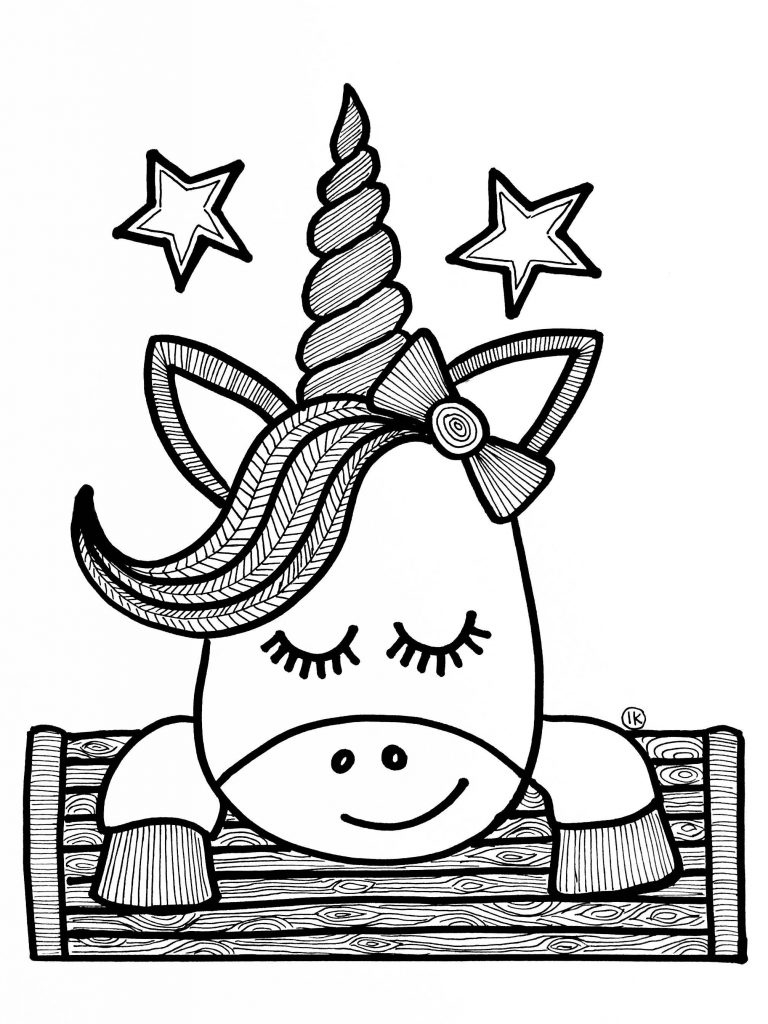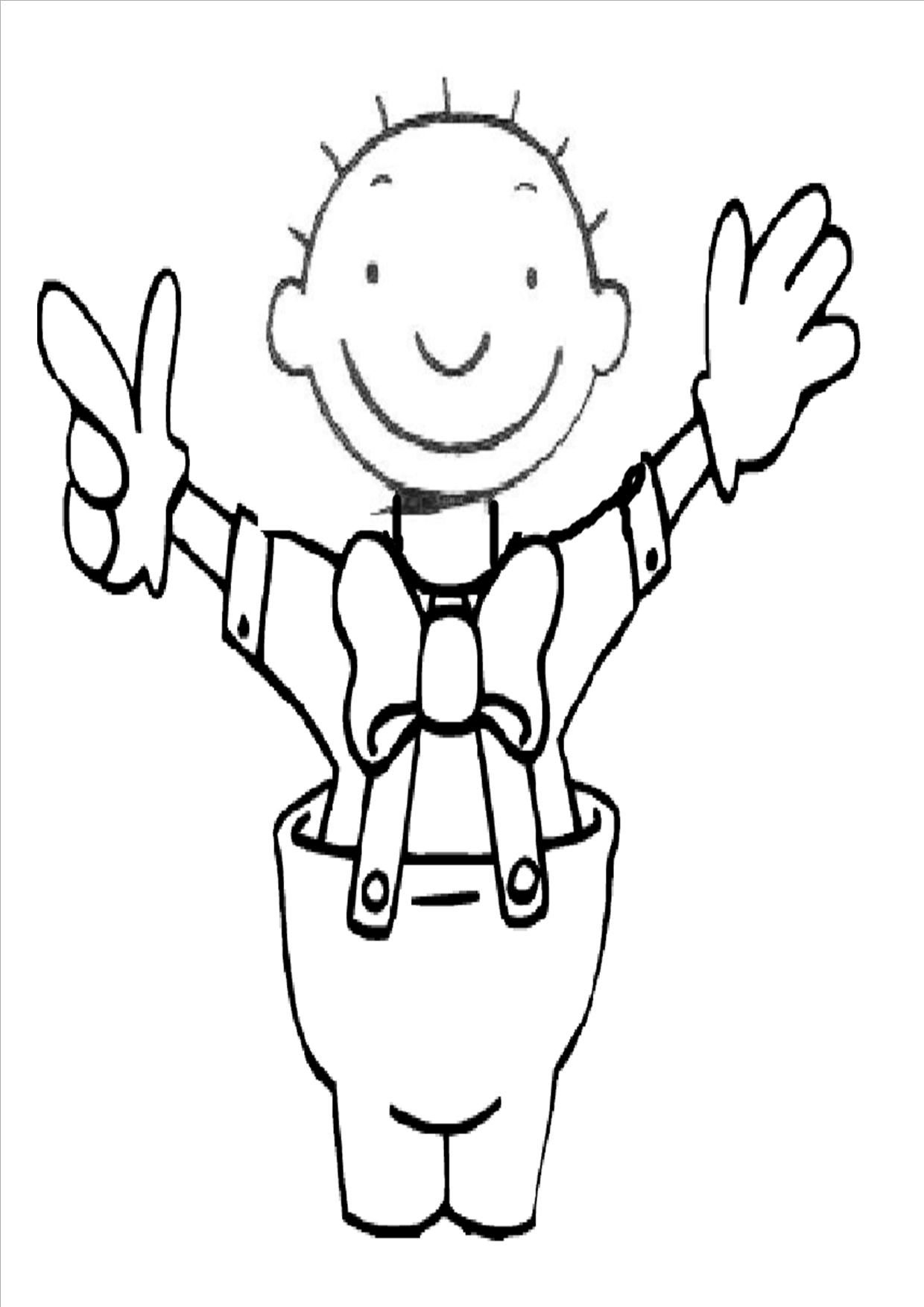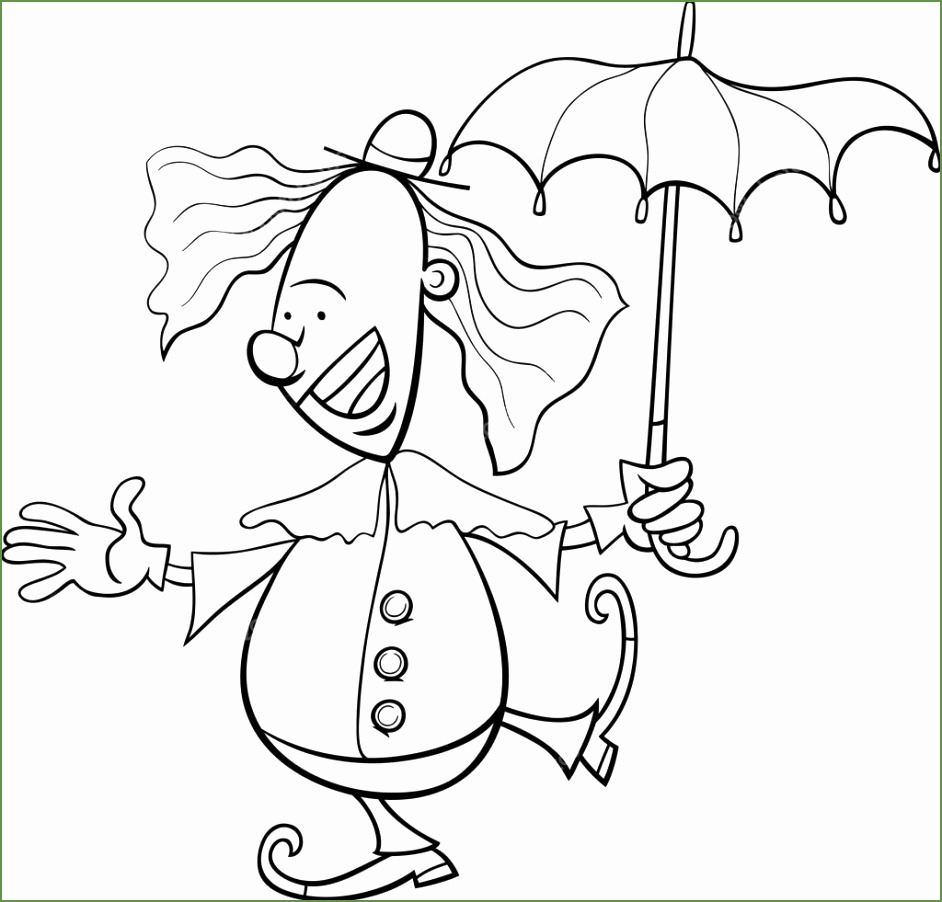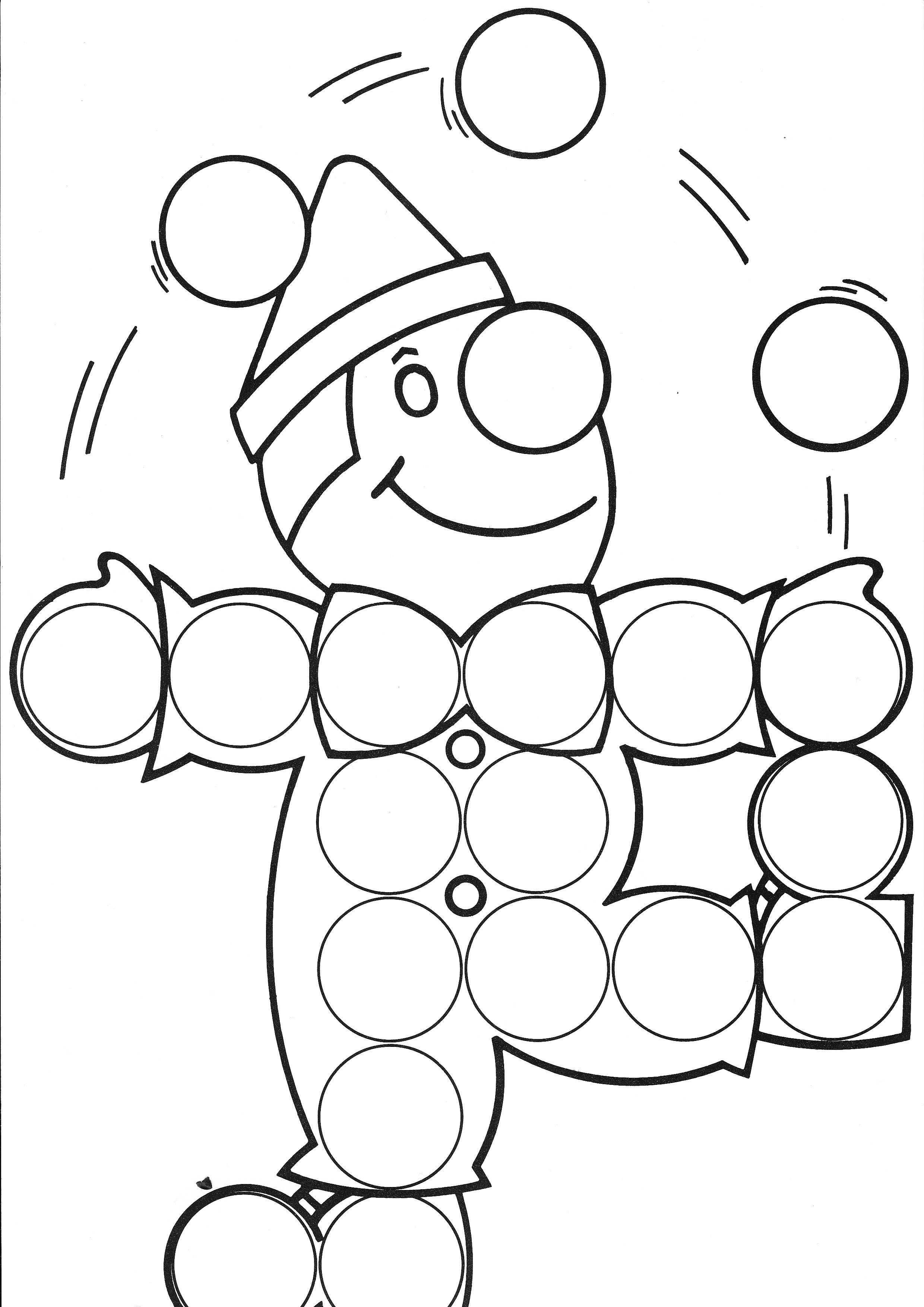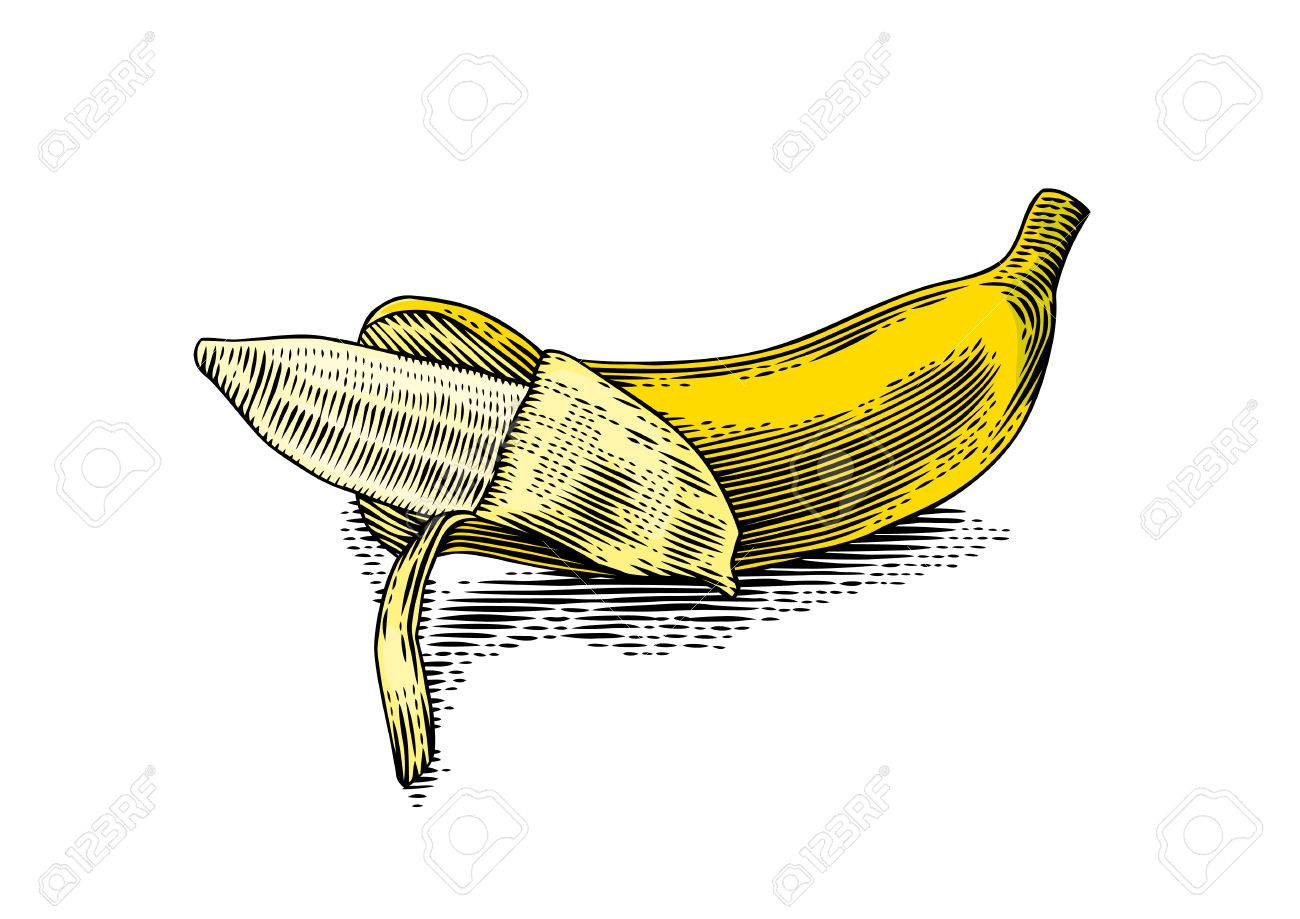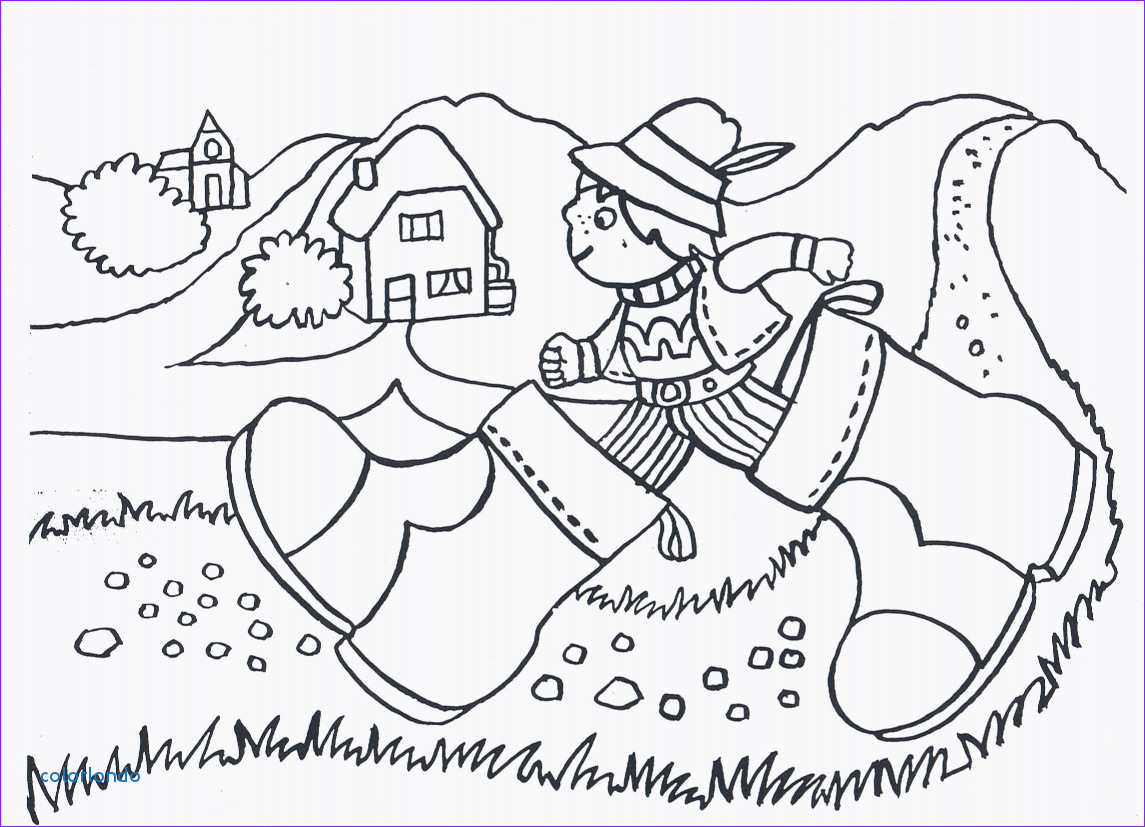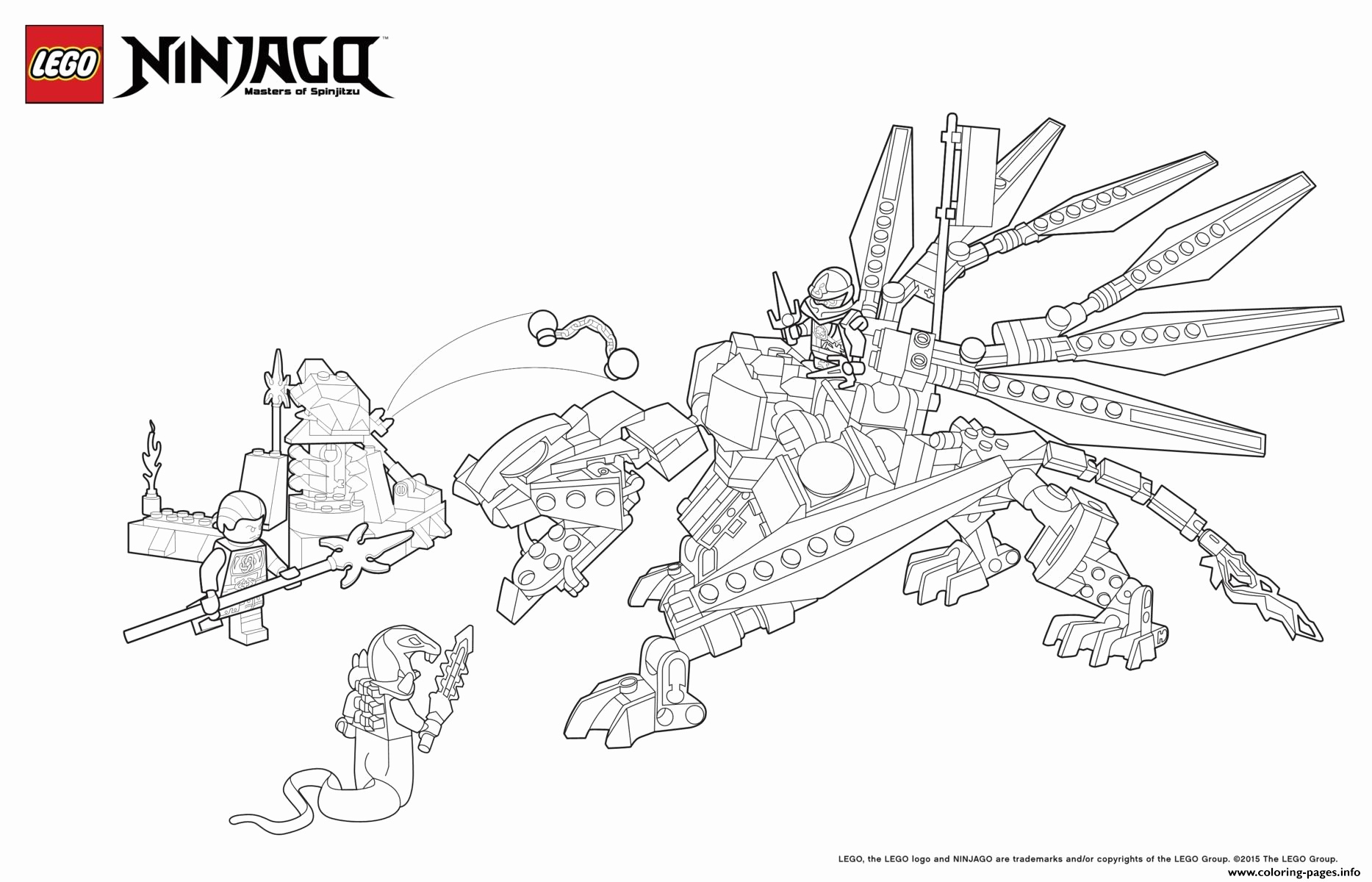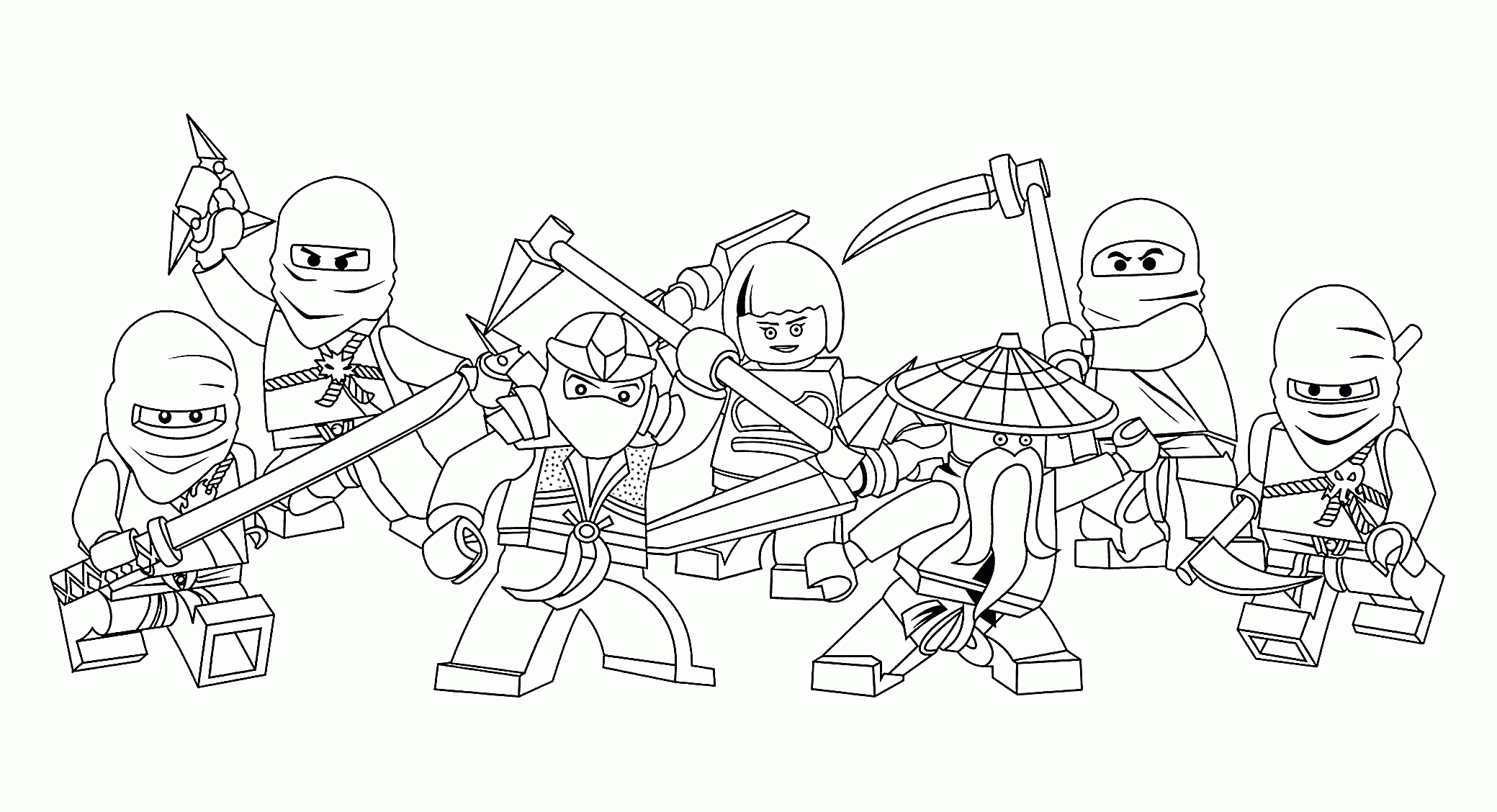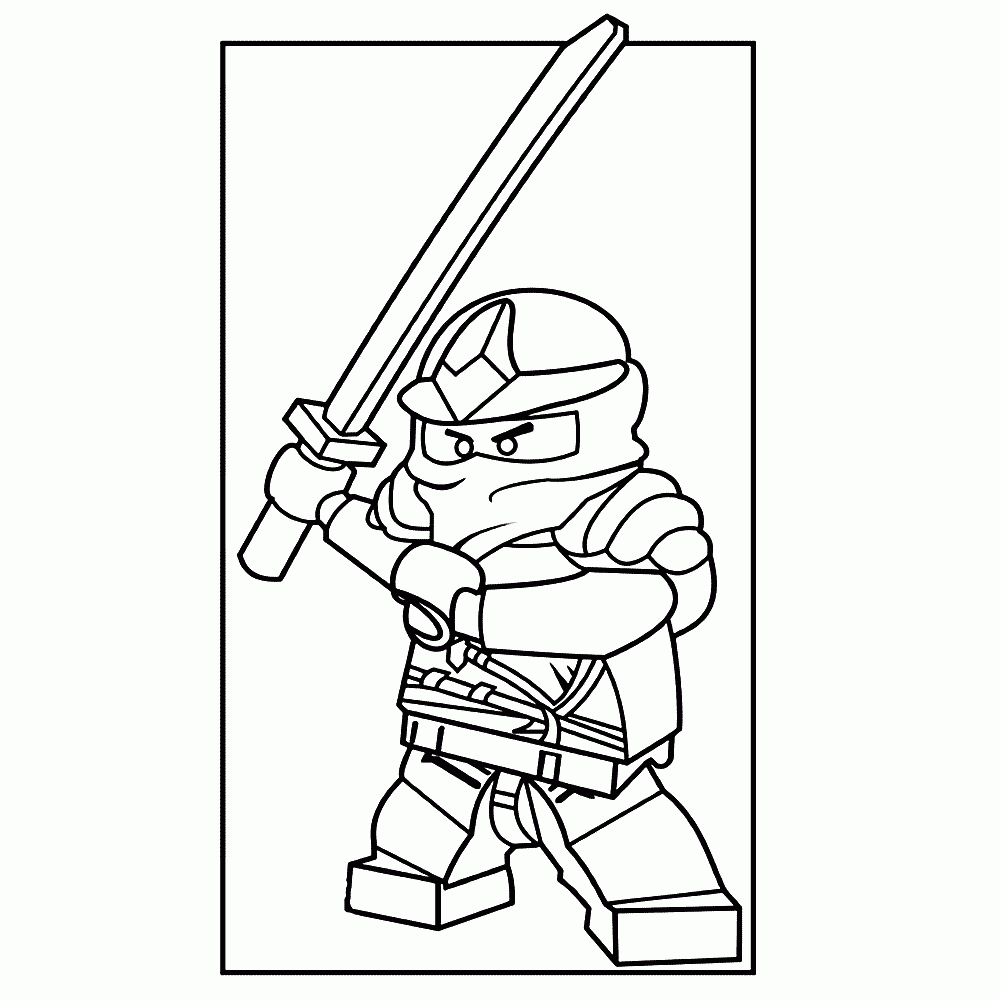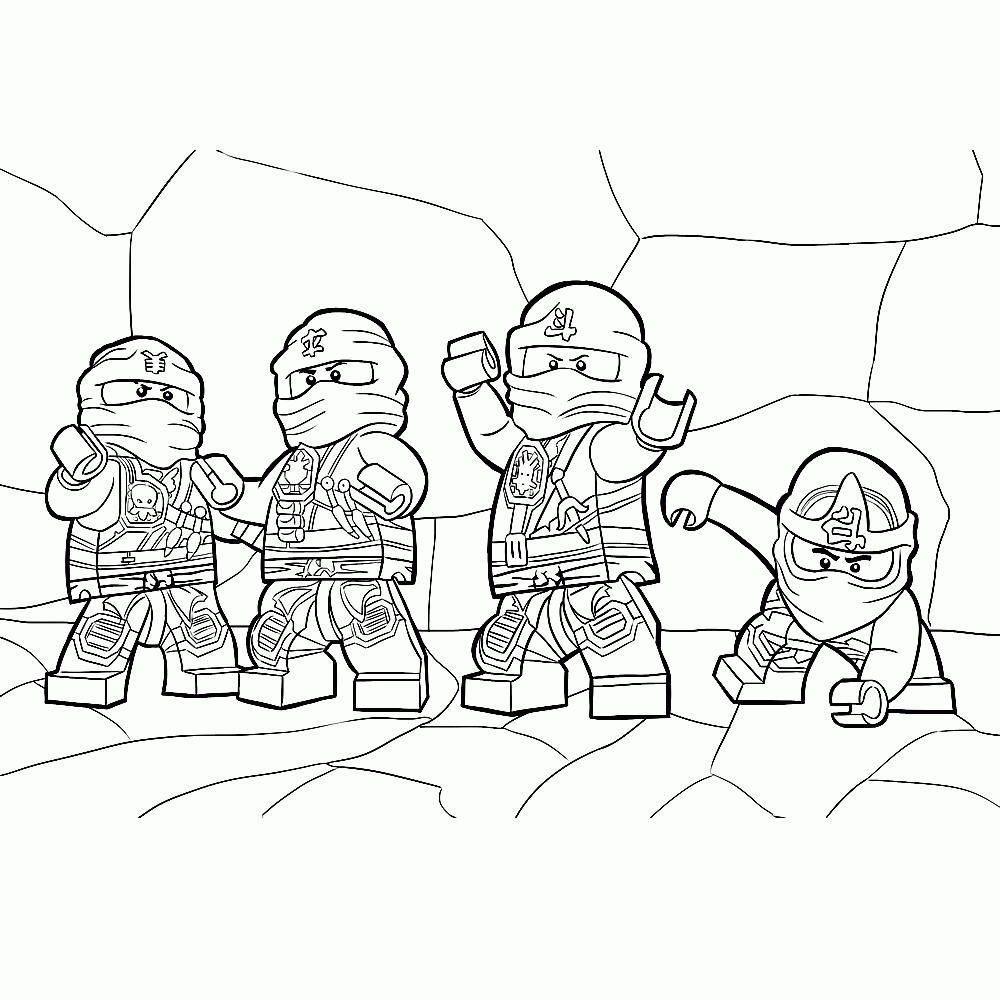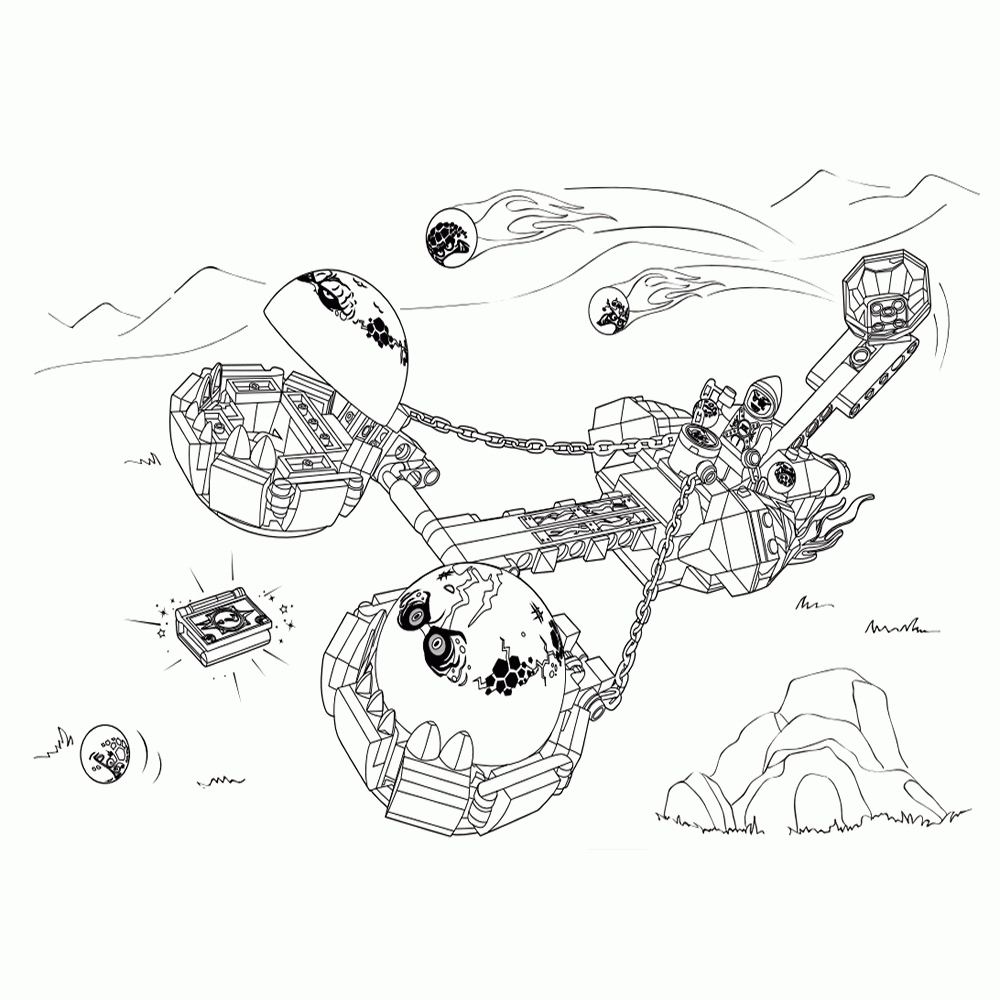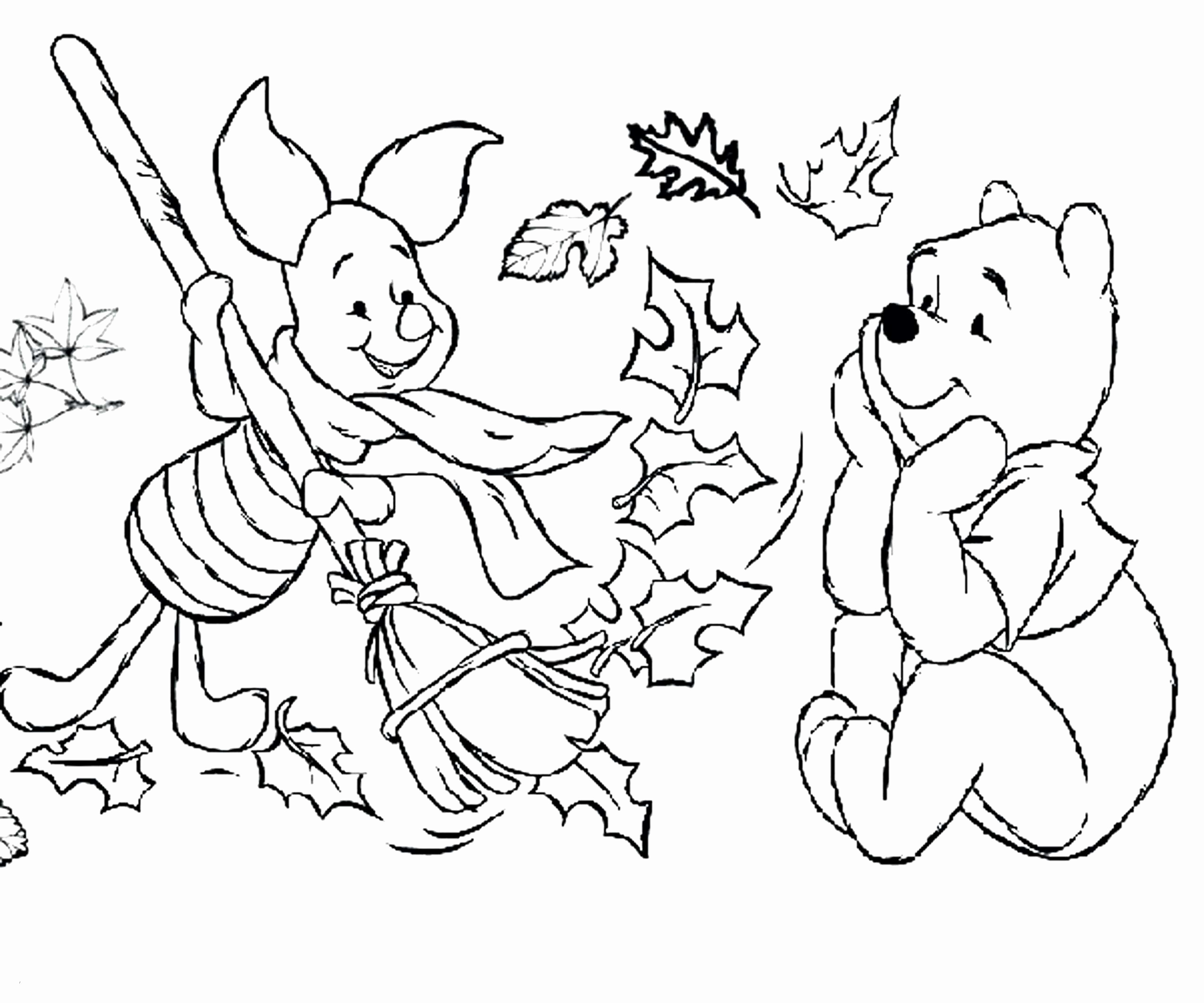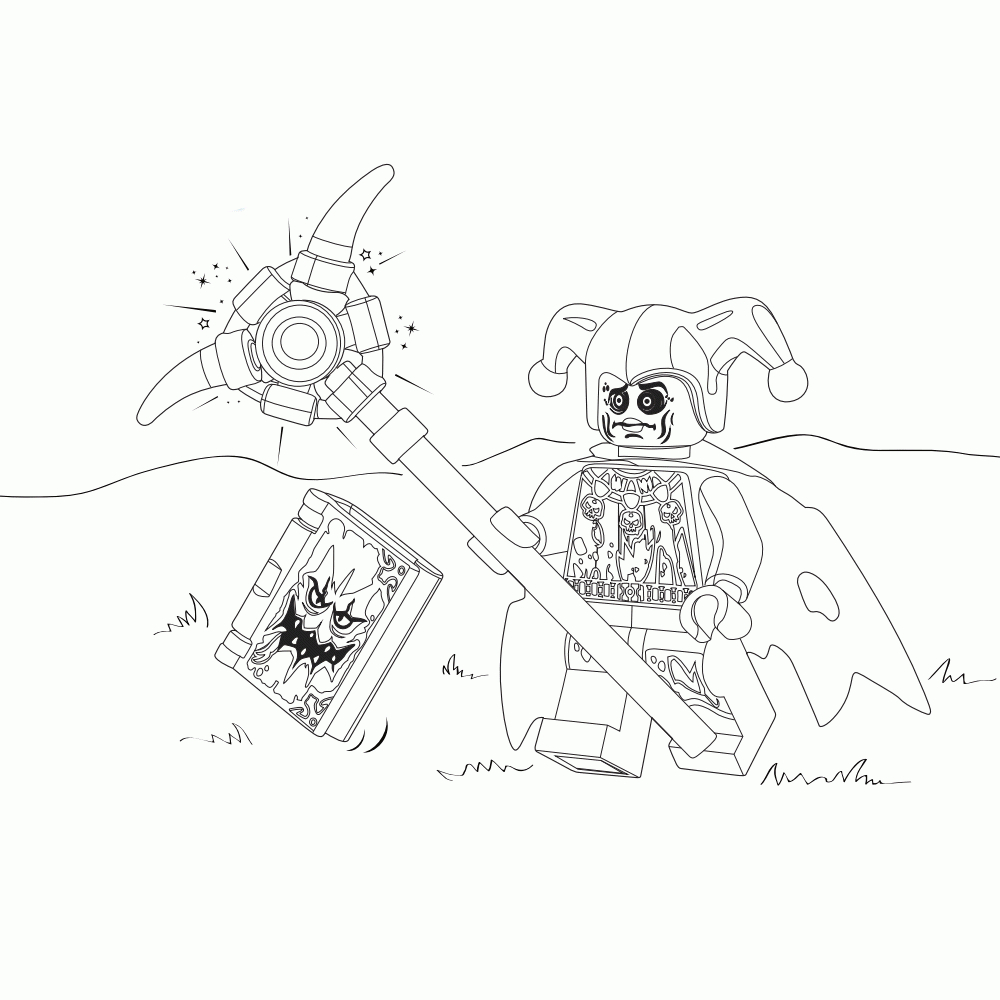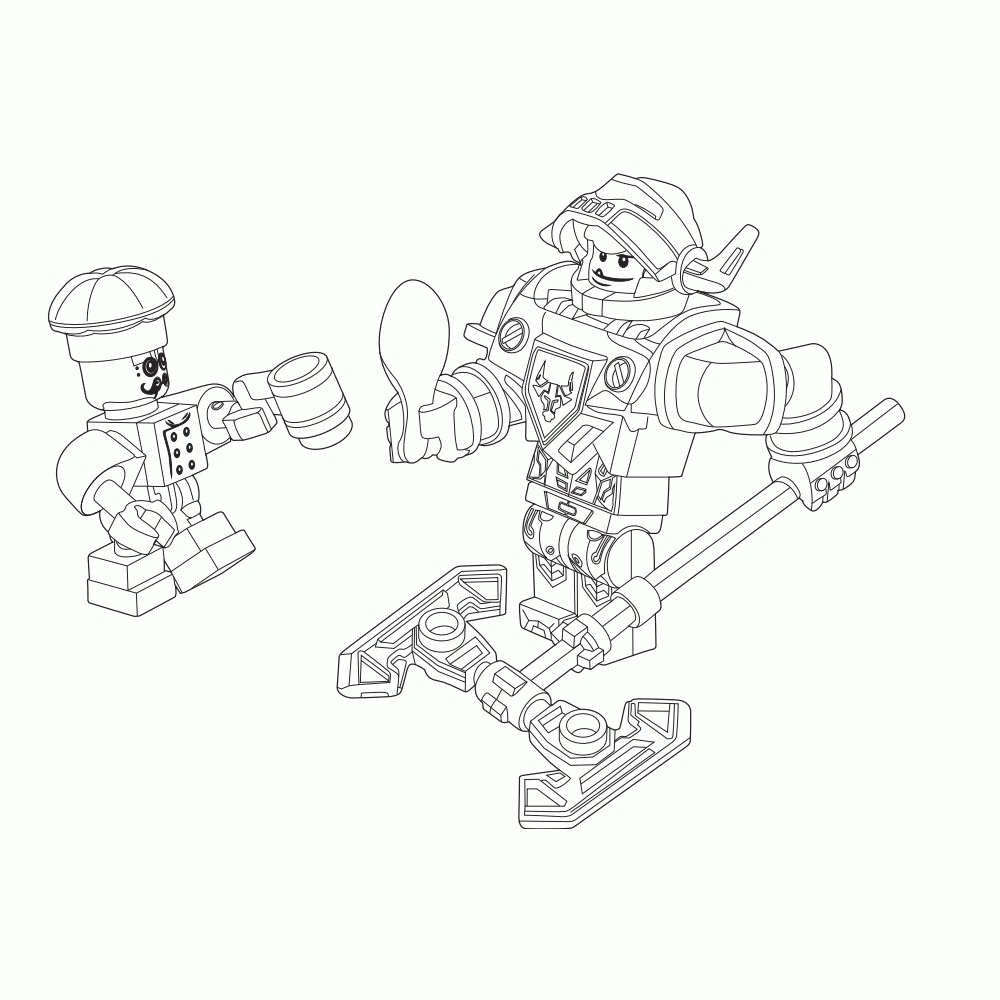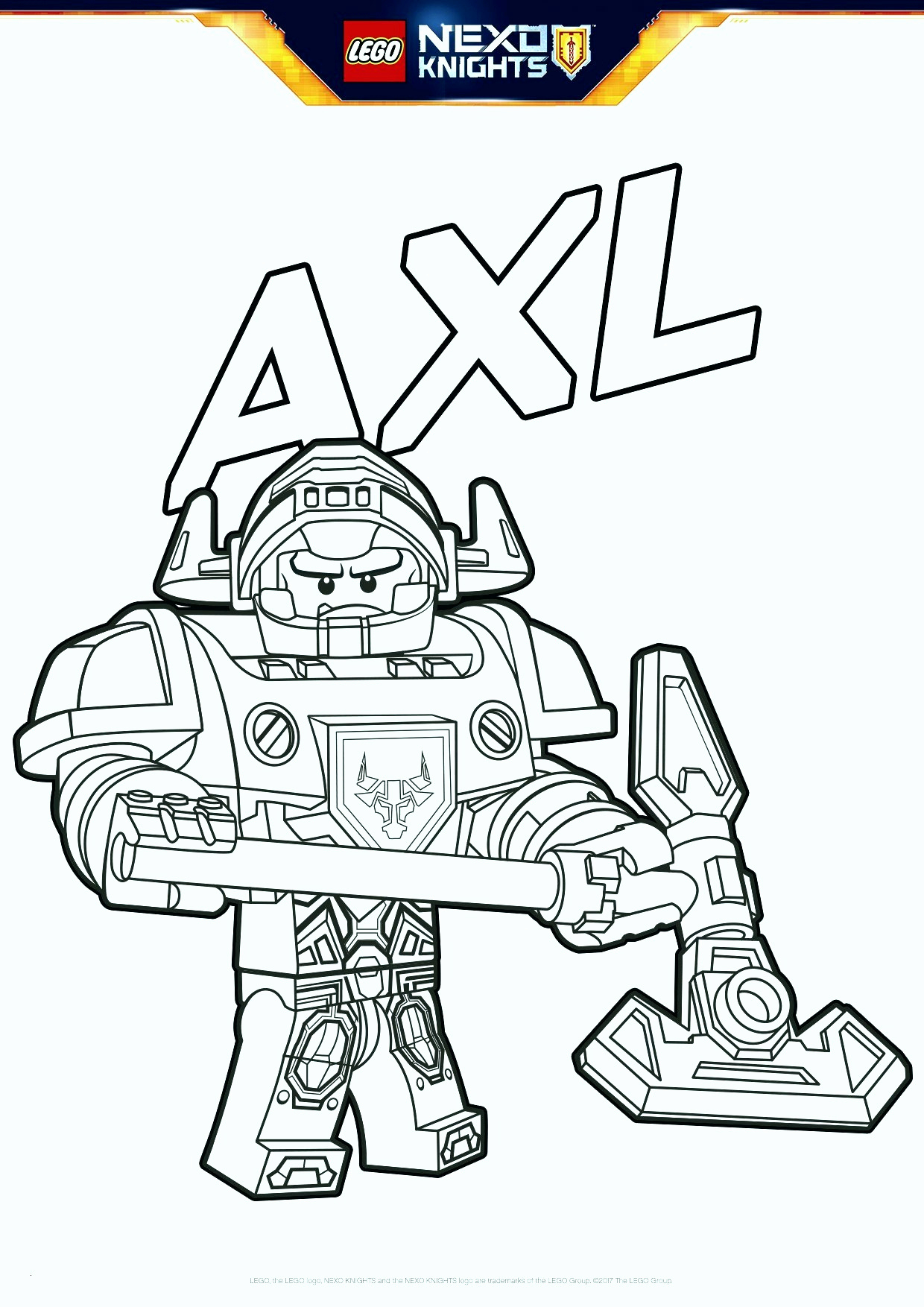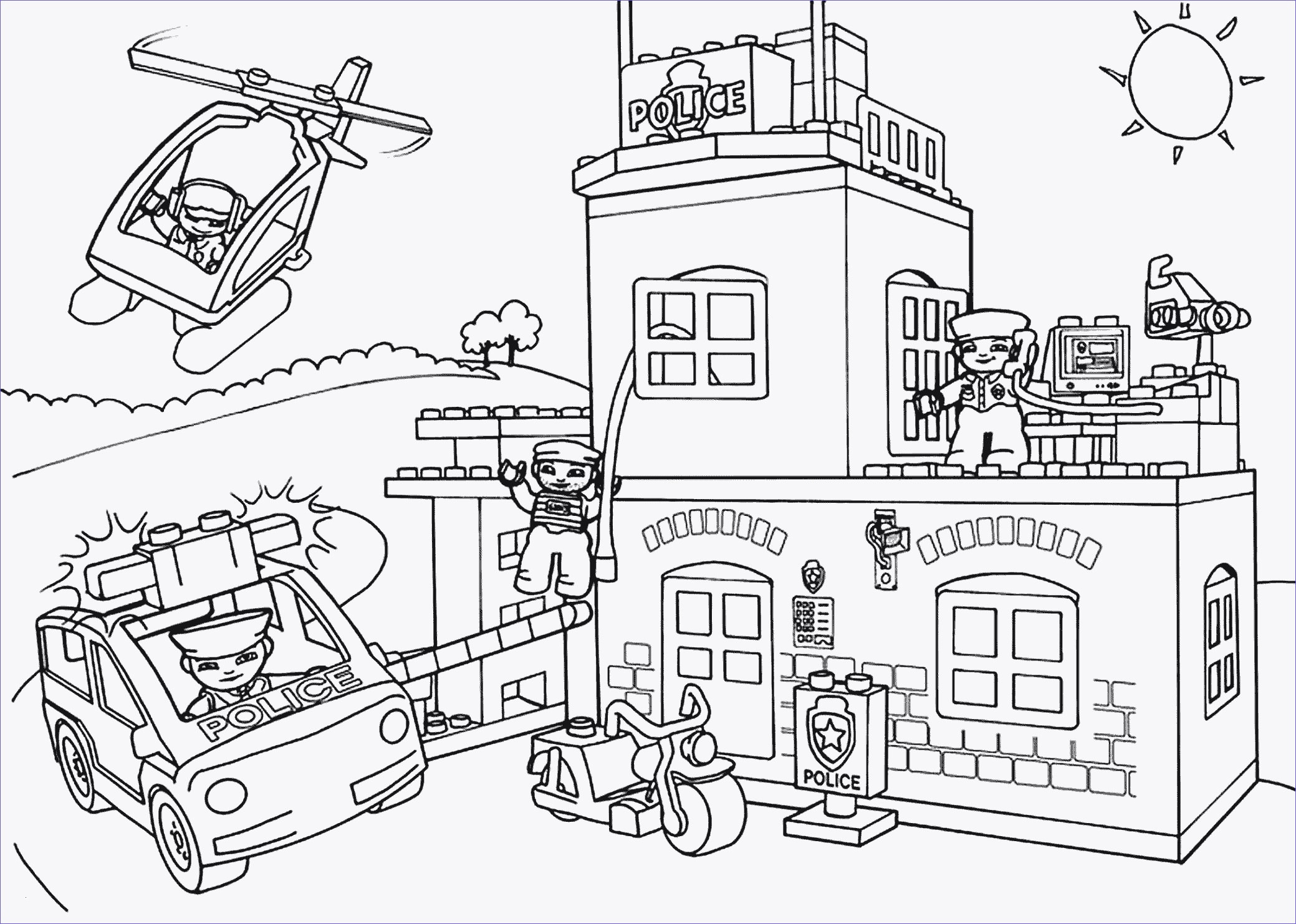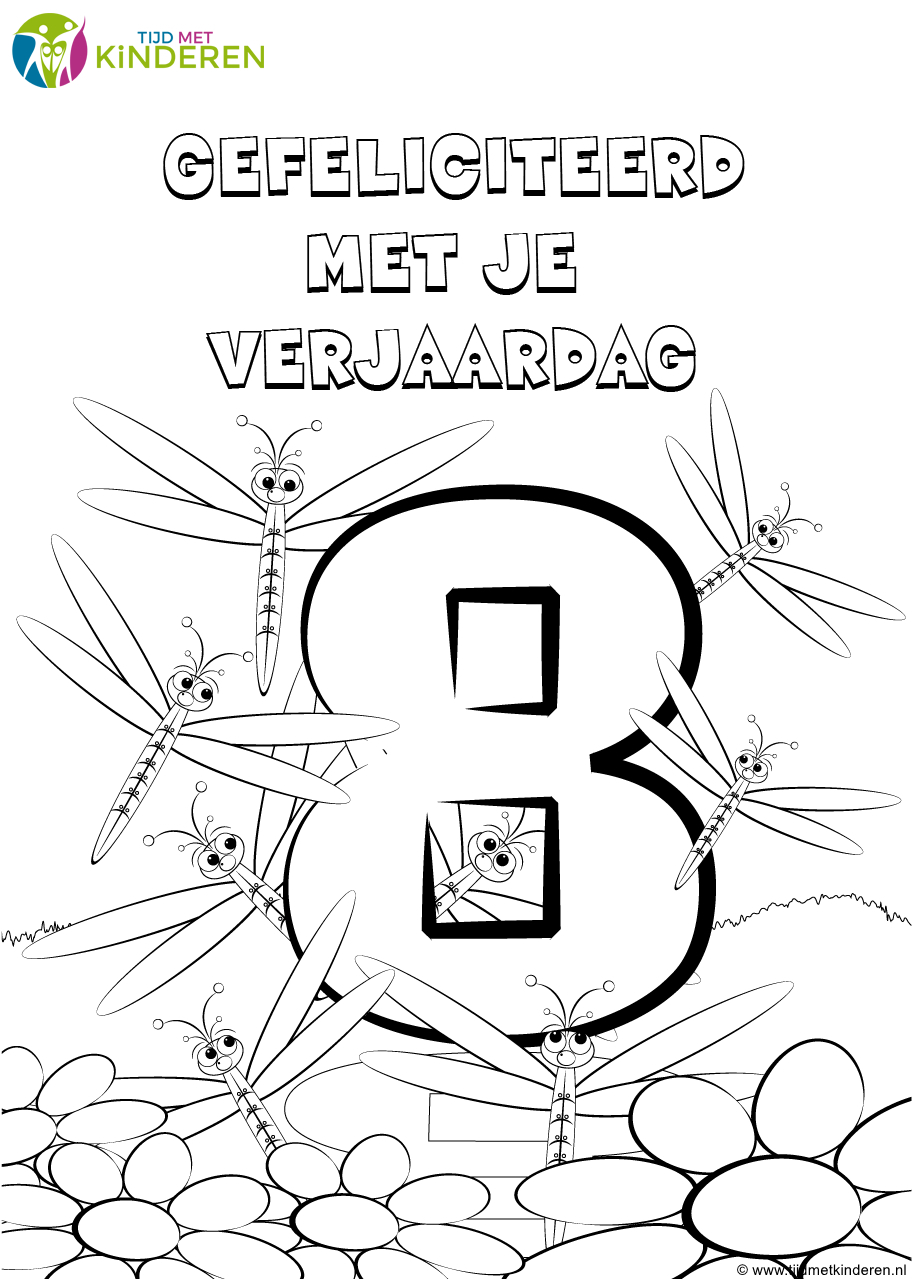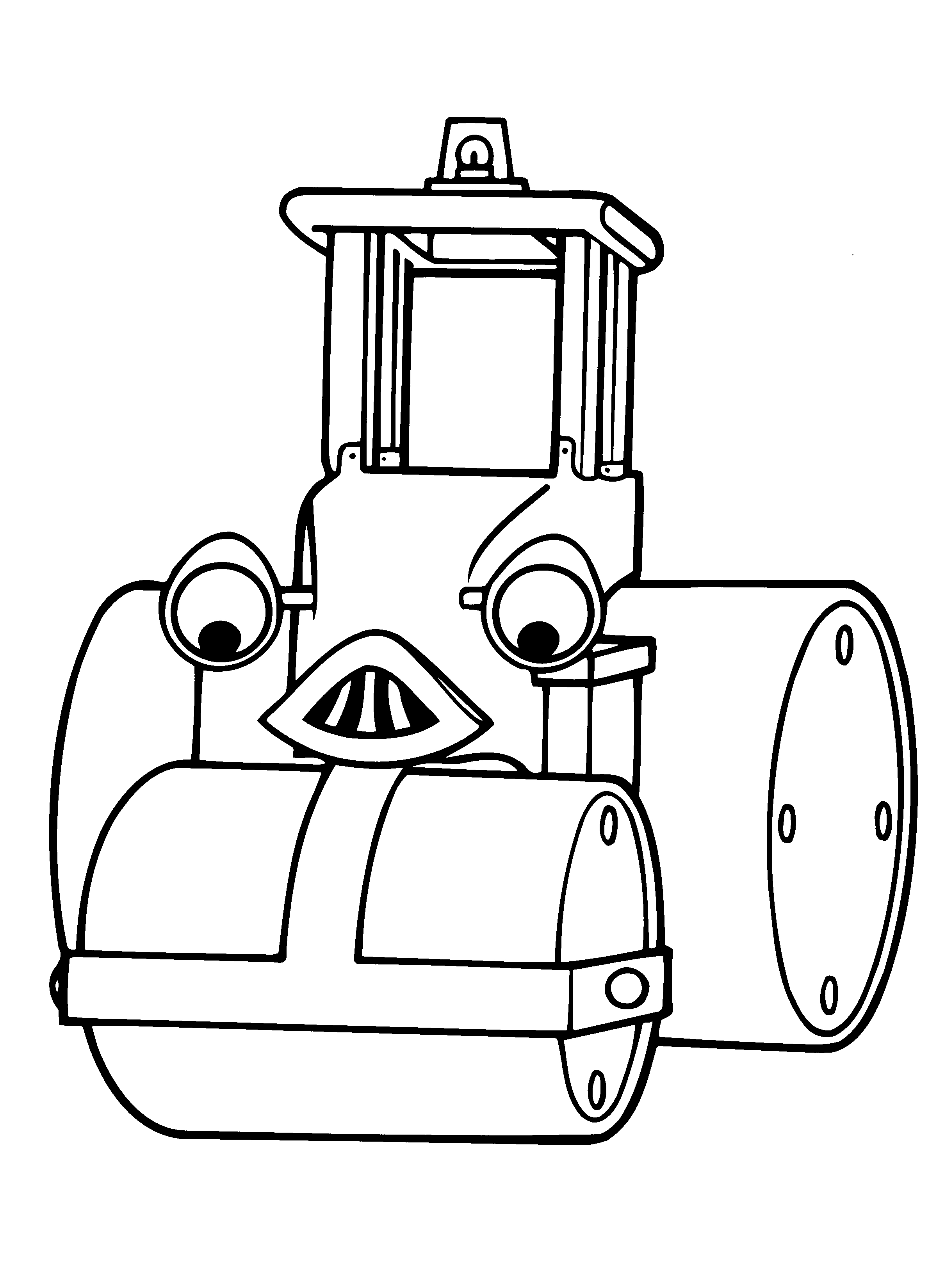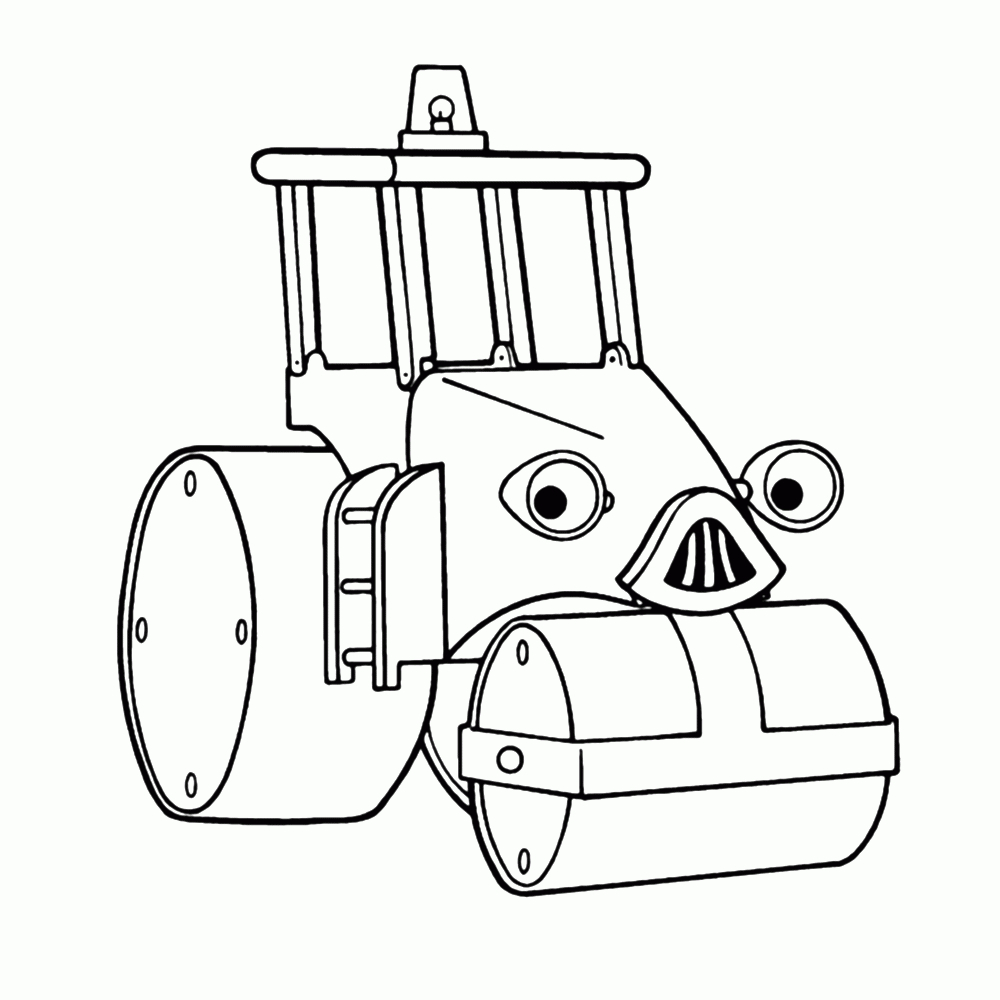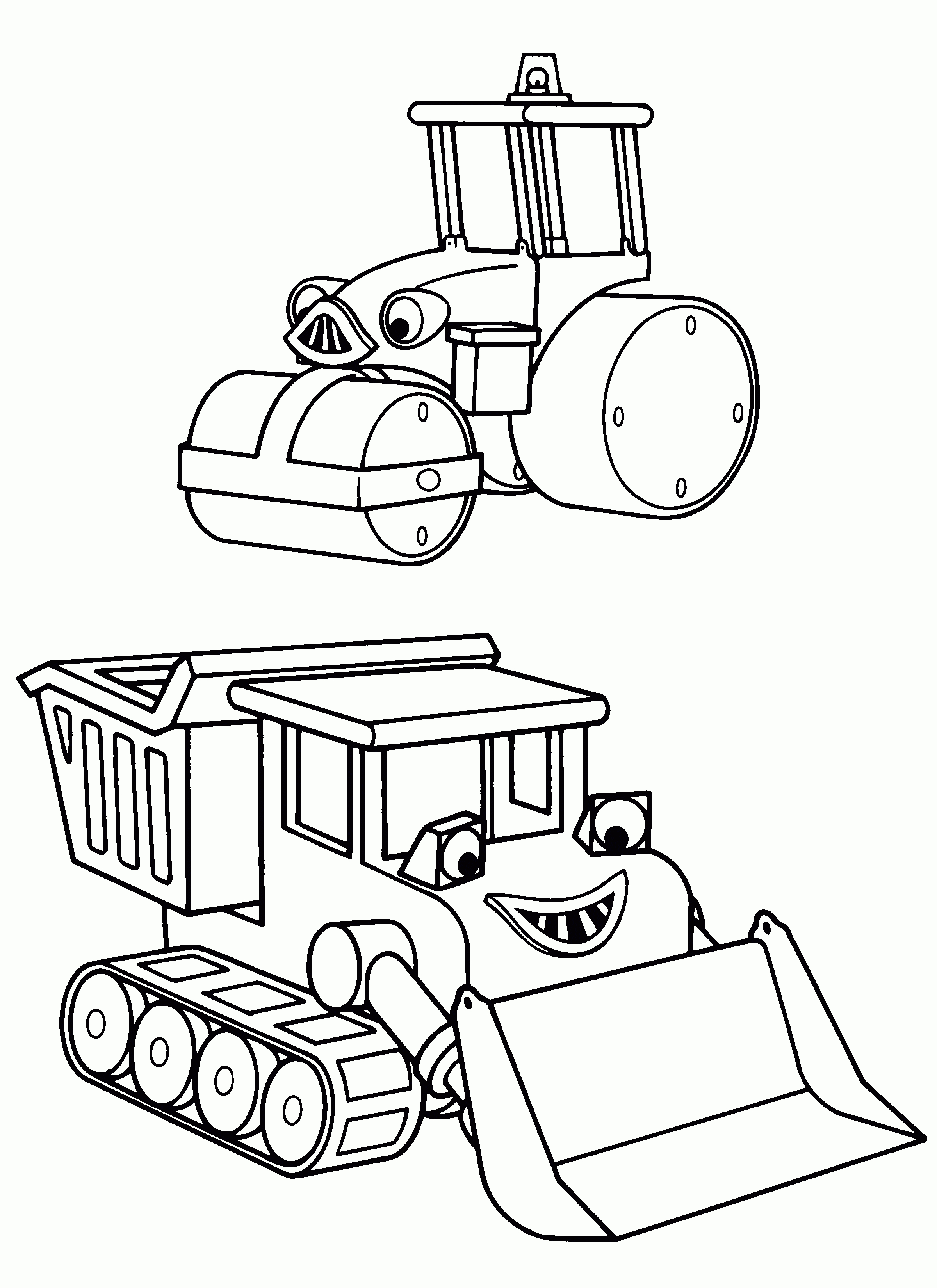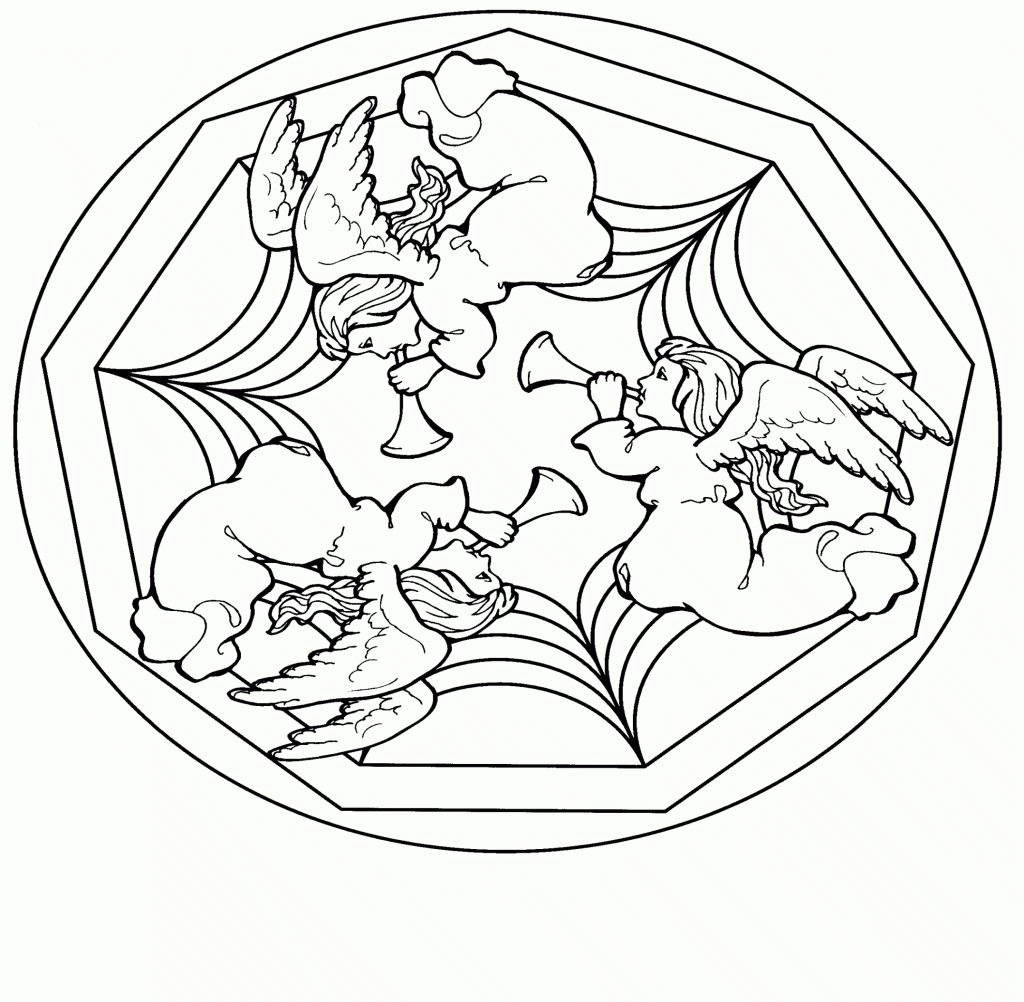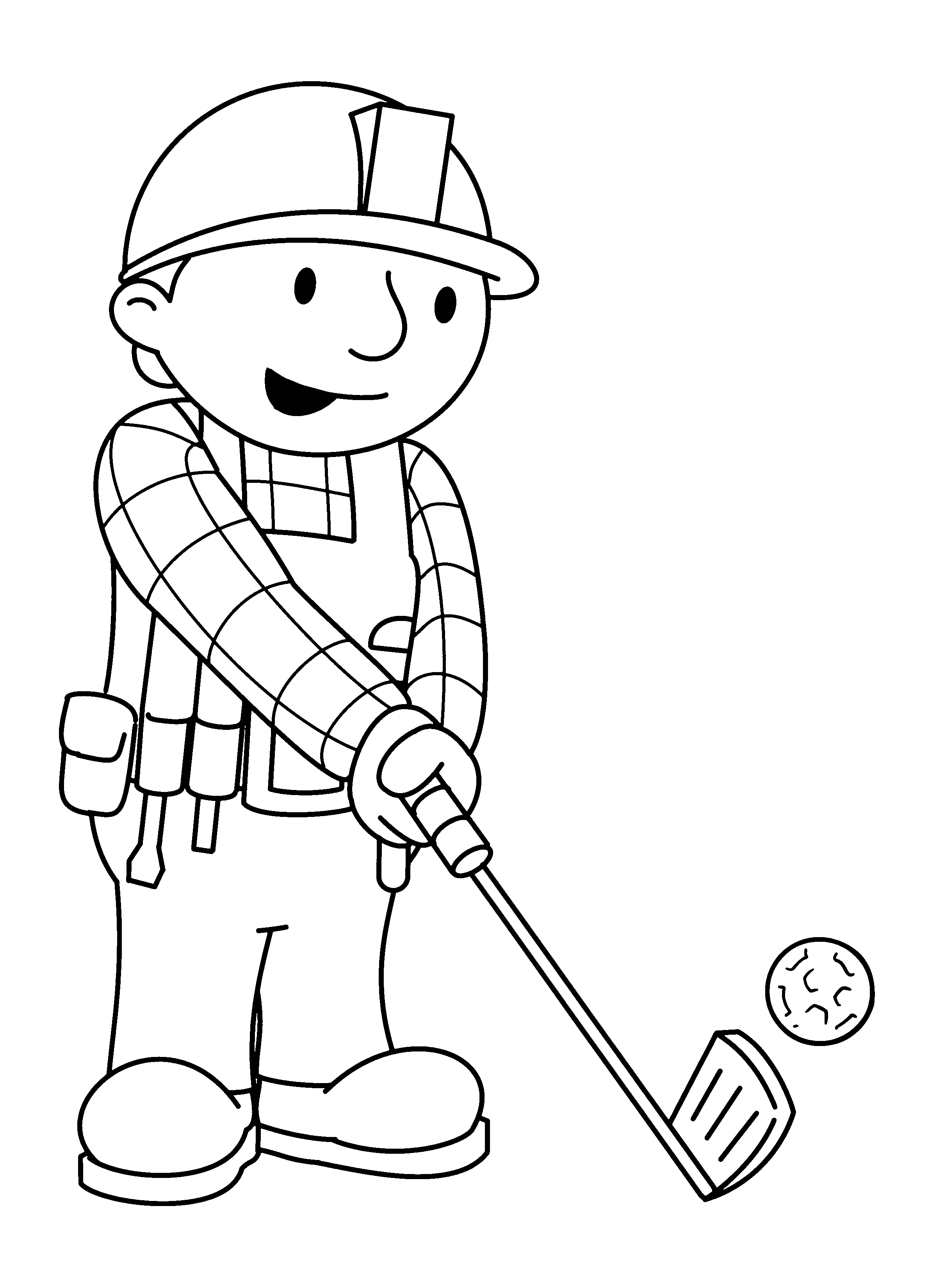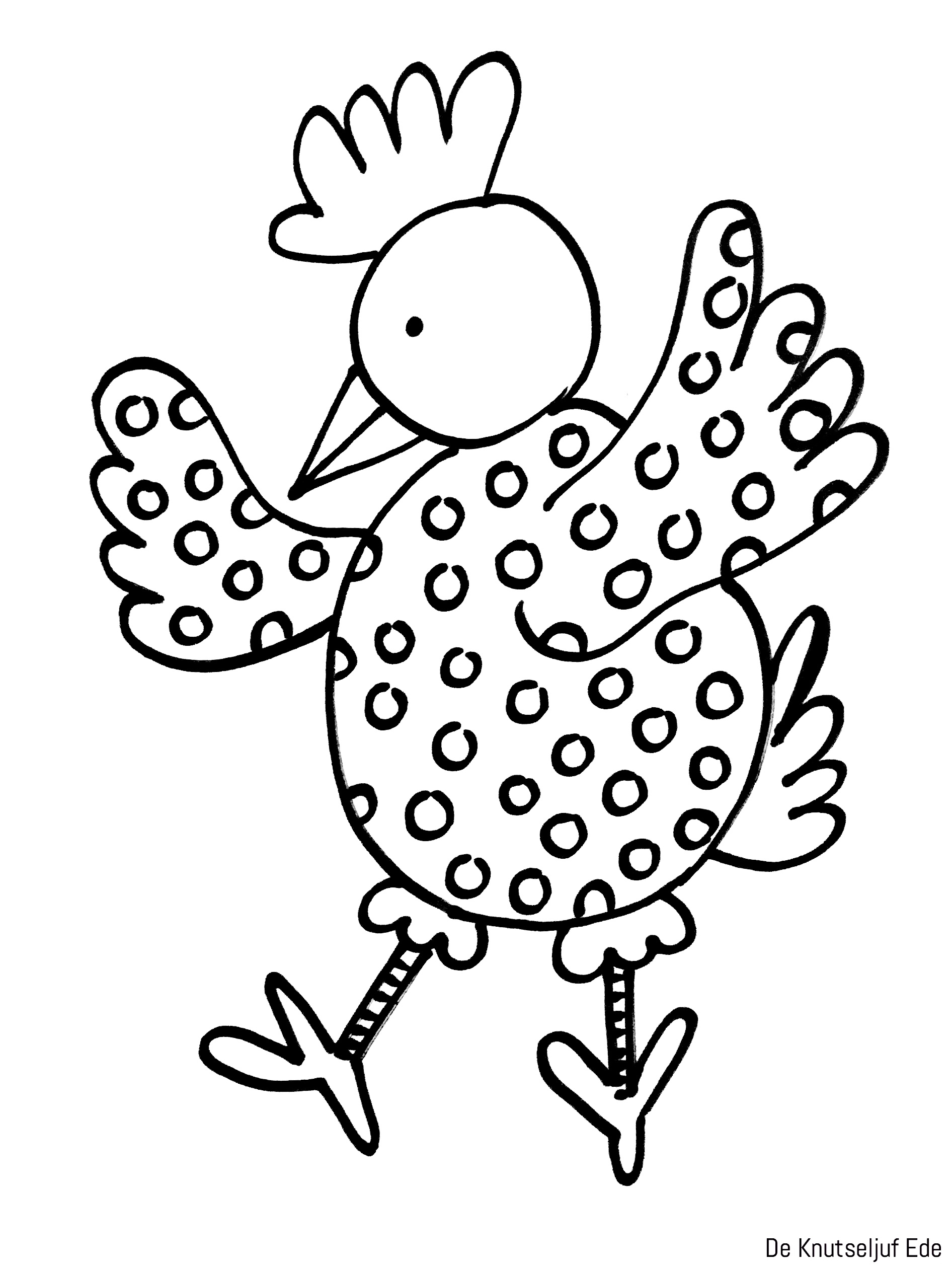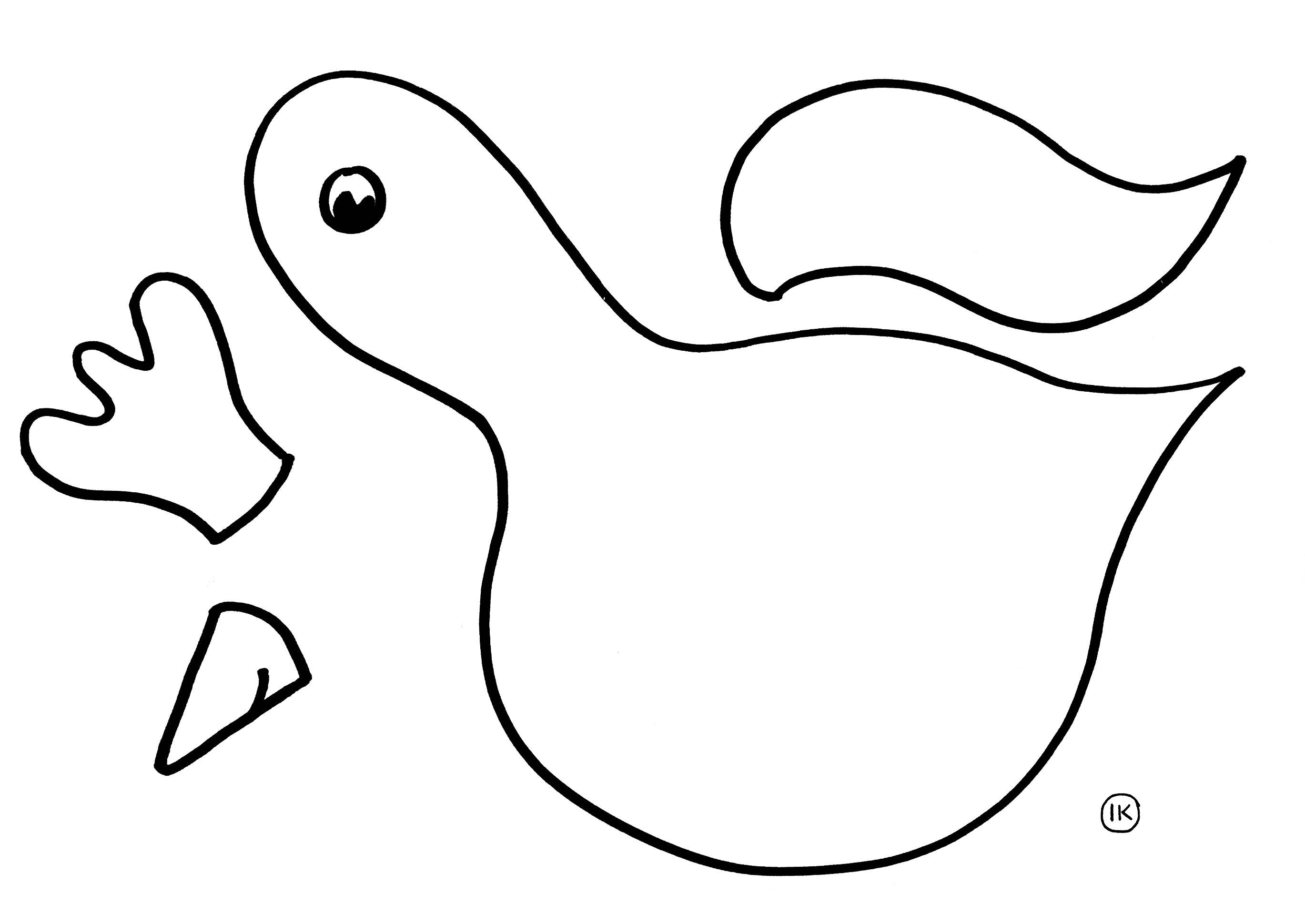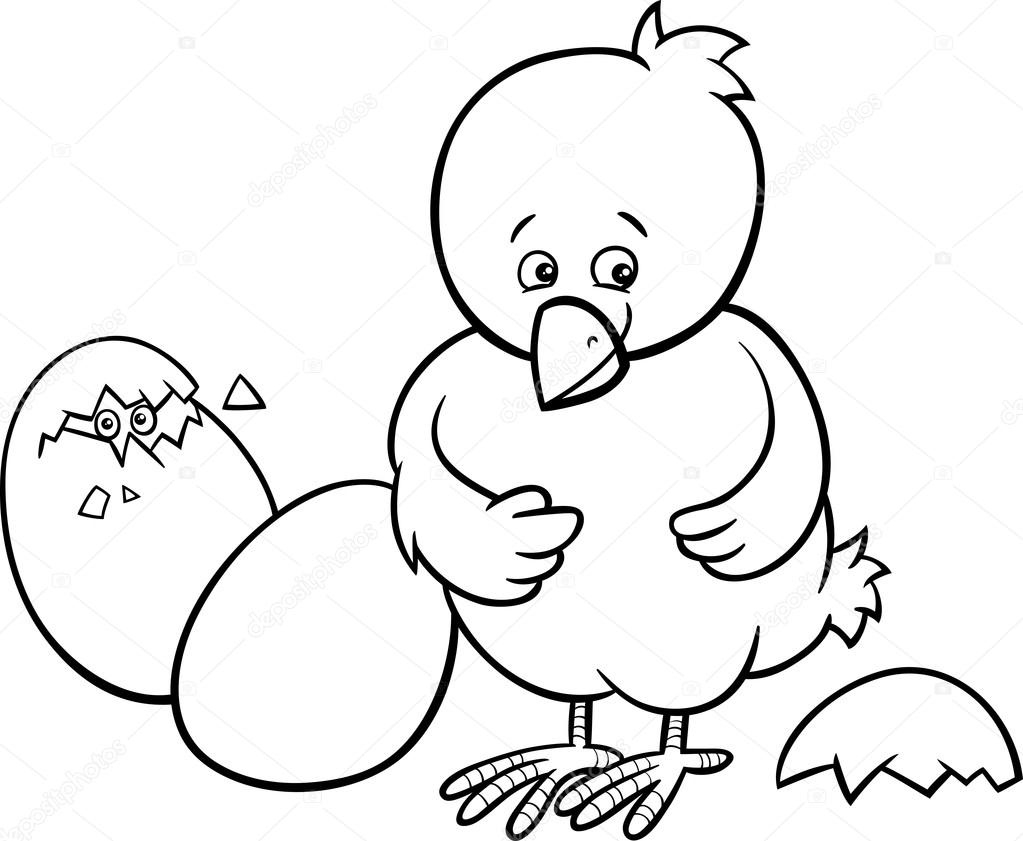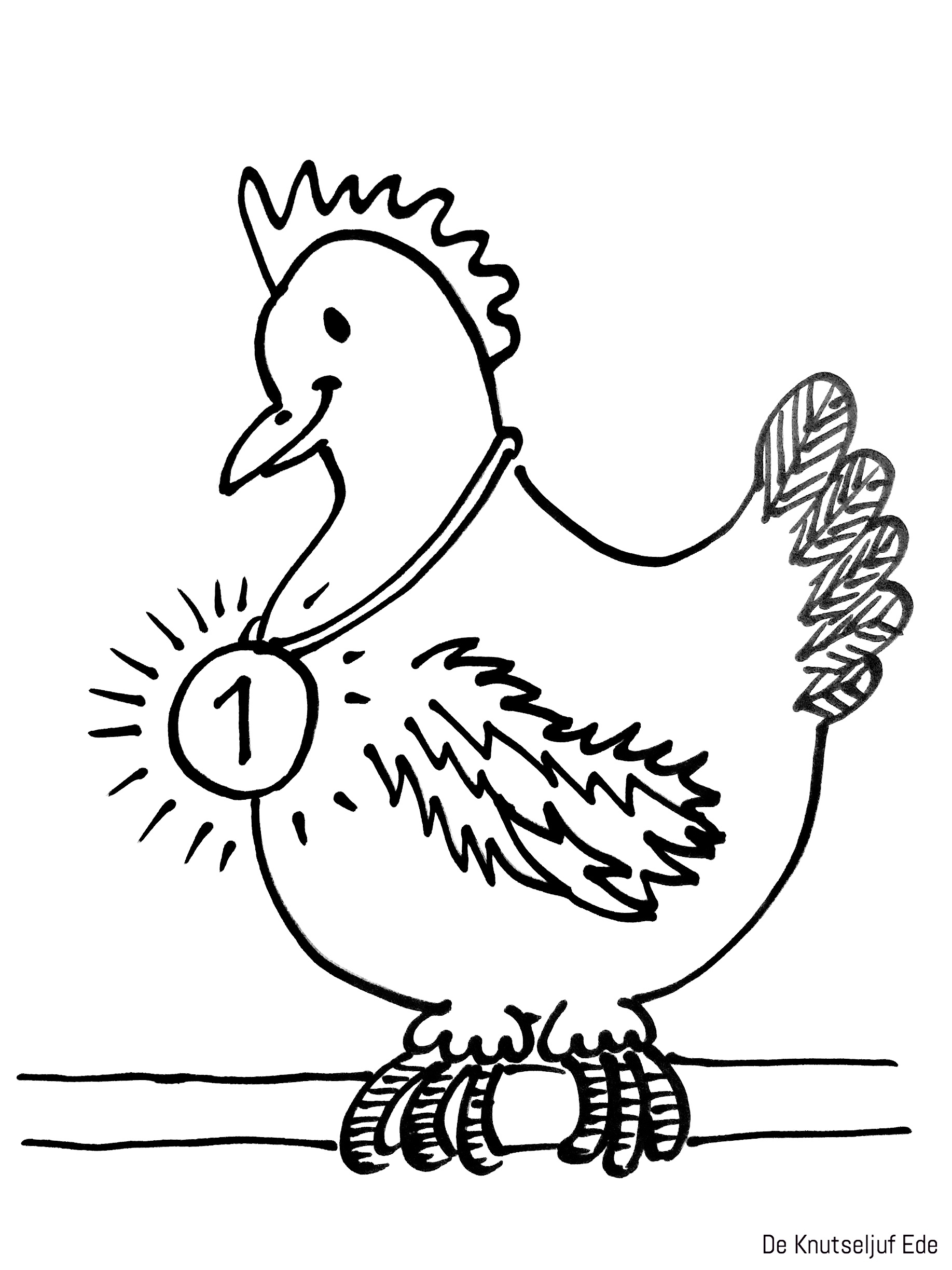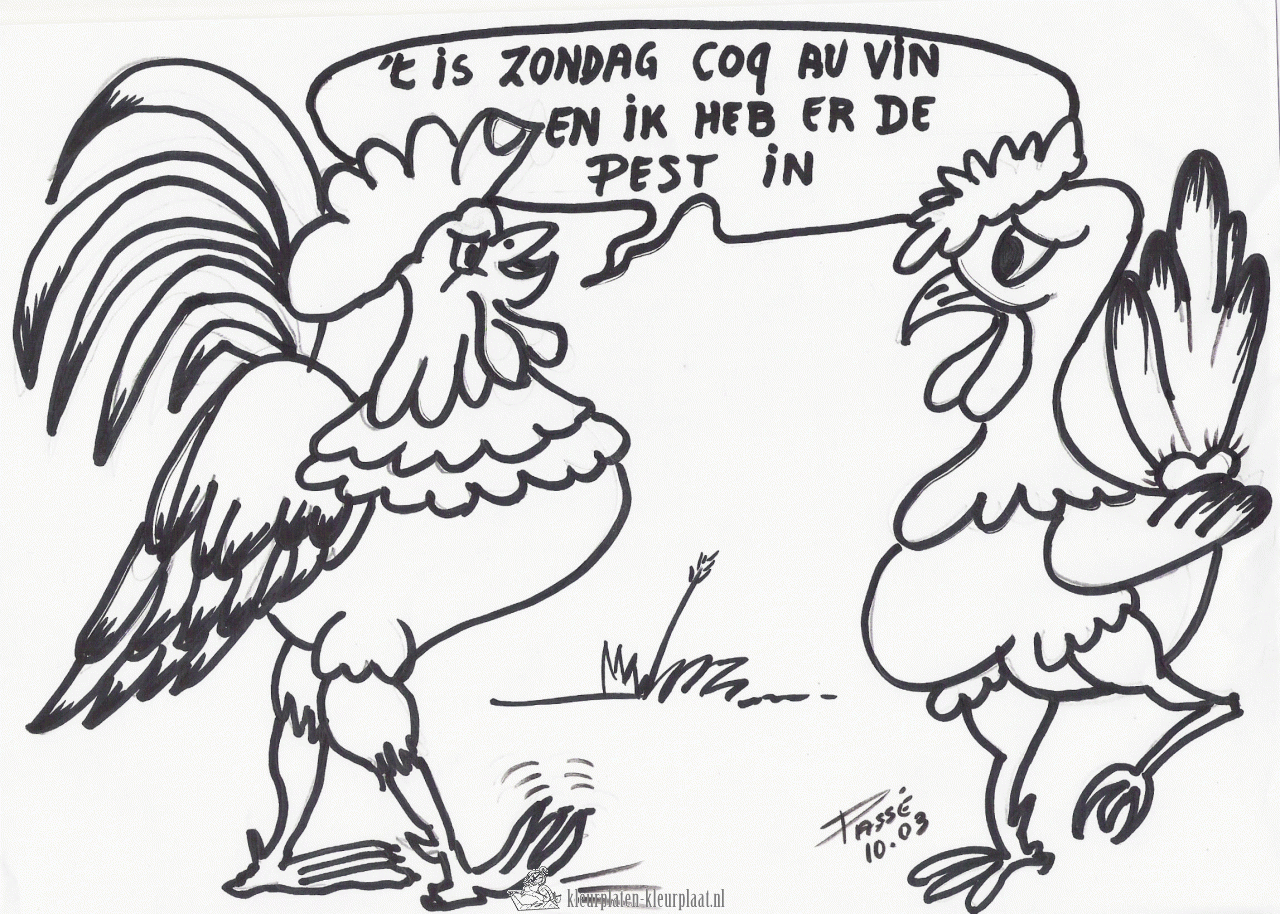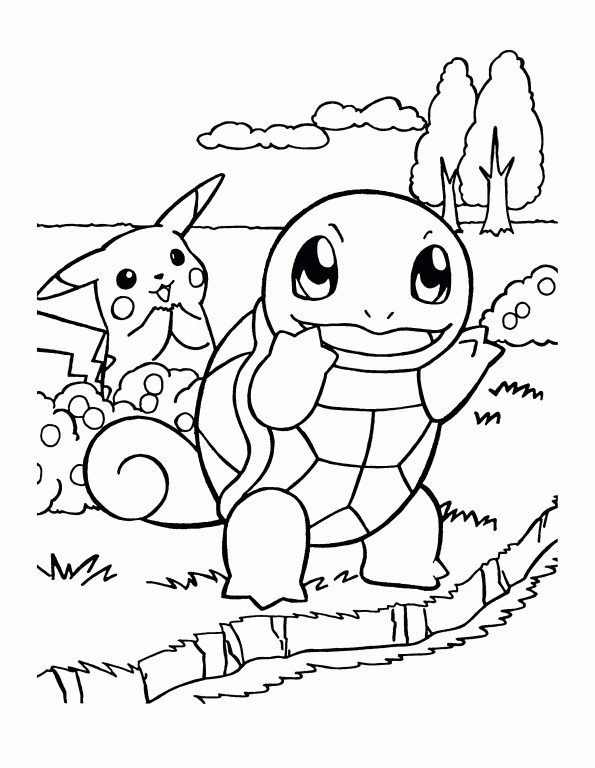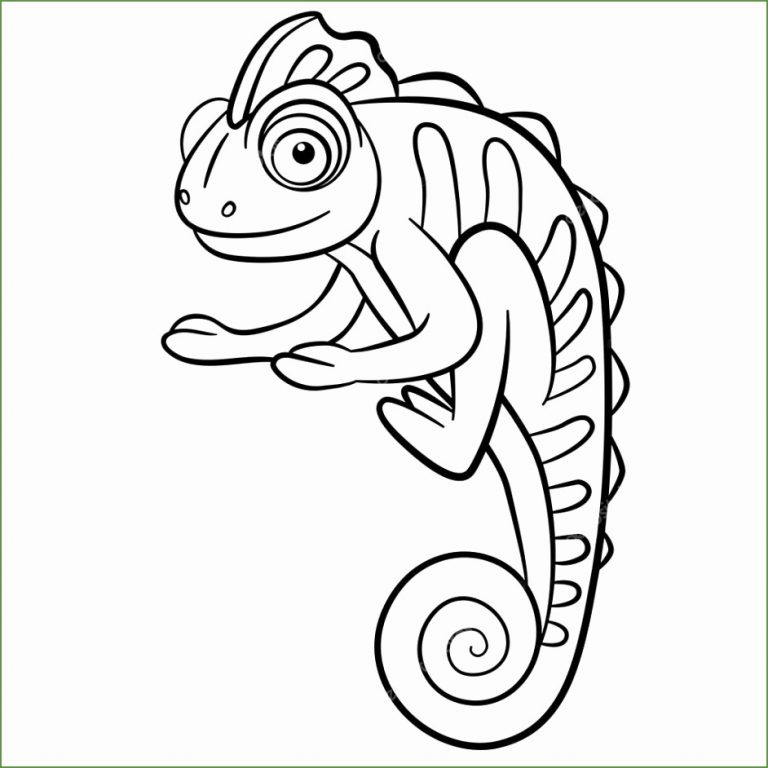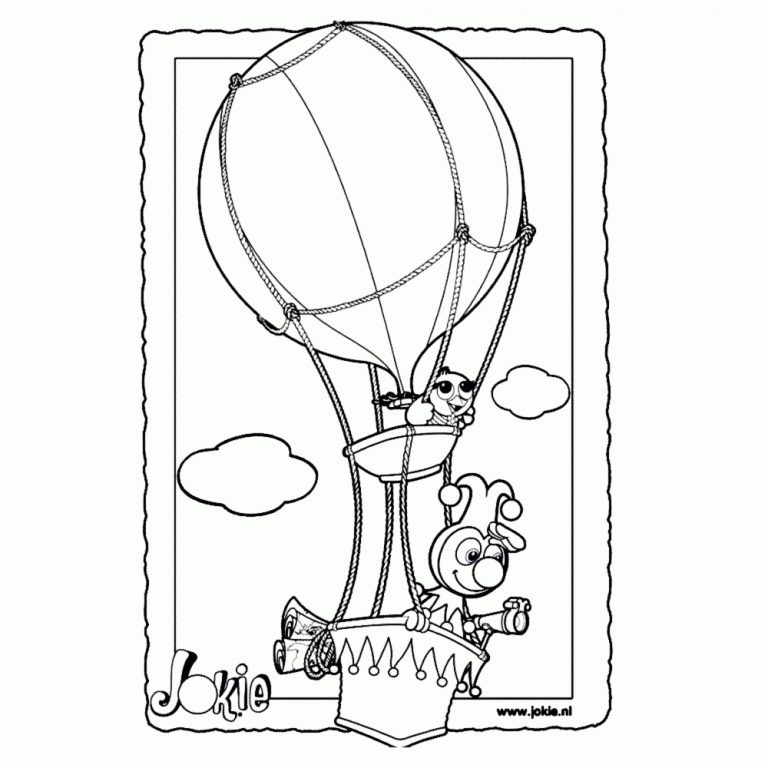gratis afdrukbaar baby tekeningen voor kinderen, die u kunt afdrukken en kleuren. Bereid u voor op het plezier met Fisher-Price kleurende pagina’s om gratis te printen. Blader door de brede selectie van gratis kleurpagina’s voor kinderen van baby tekeningen. Ze denken aan een prins die charmeert op een wit paard, mooie jurken en sprookjesachtige dieren. Deze collectie bevat de meest vrouwelijke kleurpagina’s waarmee je prinsesdromen uitkomen. Op deze site kunt […]
February 11, 2018 ≈ Kleurplaat Tekeningen ≈ No Comments ≈ Tags :grappige baby tekeningen, baby tekeningen maken, baby tekeningetjes, baby tekeningen, baby tekeningen printen
gratis afdrukbaar kleurplaat clown gezicht voor kinderen, die u kunt afdrukken en kleuren. Bereid u voor op het plezier met Fisher-Price kleurende pagina’s om gratis te printen. Blader door de brede selectie van gratis kleurpagina’s voor kinderen van kleurplaat clown gezicht. Ze denken aan een prins die charmeert op een wit paard, mooie jurken en sprookjesachtige dieren. Deze collectie bevat de meest vrouwelijke kleurpagina’s waarmee je prinsesdromen uitkomen. Op deze […]
May 26, 2018 ≈ Kleurplaat Tekeningen ≈ No Comments ≈ Tags :kleurplaat clown gezicht, kleurplaten clown gezicht,
Onze kleurplaten voor volwassenen en kinderen, van Star Wars tot Mickey Mouse. Bereid u voor op het plezier met Fisher-Price kleurende pagina’s om gratis te printen. Blader door de brede selectie van gratis kleurpagina’s voor kinderen van banaan tekening. Ze denken aan een prins die charmeert op een wit paard, mooie jurken en sprookjesachtige dieren. Deze collectie bevat de meest vrouwelijke kleurpagina’s waarmee je prinsesdromen uitkomen. Op deze site kunt […]
February 12, 2018 ≈ Kleurplaat Tekeningen ≈ No Comments ≈ Tags :banaan tekeningen, tekening banaan caravan, bananen tekening, bananen tekeningen, banaan tekening
Onze kleurplaten voor volwassenen en kinderen, van Star Wars tot Mickey Mouse. Bereid u voor op het plezier met Fisher-Price kleurende pagina’s om gratis te printen. Blader door de brede selectie van gratis kleurpagina’s voor kinderen van kleurplaat mama jarig. Ze denken aan een prins die charmeert op een wit paard, mooie jurken en sprookjesachtige dieren. Deze collectie bevat de meest vrouwelijke kleurpagina’s waarmee je prinsesdromen uitkomen. Op deze site […]
July 2, 2018 ≈ Kleurplaat Tekeningen ≈ No Comments ≈ Tags :kleurplaat voor jarige mama, kleurplaat mama verjaardag, kleurplaat moeder jarig, kleurplaten moeder jarig, kleurplaat verjaardag mama 30 jaar
Onze kleurplaten voor volwassenen en kinderen, van Star Wars tot Mickey Mouse. Bereid u voor op het plezier met Fisher-Price kleurende pagina’s om gratis te printen. Blader door de brede selectie van gratis kleurpagina’s voor kinderen van lego ninjago kleurplaat. Ze denken aan een prins die charmeert op een wit paard, mooie jurken en sprookjesachtige dieren. Deze collectie bevat de meest vrouwelijke kleurpagina’s waarmee je prinsesdromen uitkomen. Op deze site […]
September 19, 2018 ≈ Kleurplaat Tekeningen ≈ No Comments ≈ Tags :lego ninjago kleurplaat 2018, lego ninjago kleurplaat lloyd, lego ninjago kleurplaat kai, lego ninjago kleurplaat cole, lego ninjago kleurplaat uitprinten
gratis afdrukbaar lego nexo knights kleurplaat voor kinderen, die u kunt afdrukken en kleuren. Bereid u voor op het plezier met Fisher-Price kleurende pagina’s om gratis te printen. Blader door de brede selectie van gratis kleurpagina’s voor kinderen van lego nexo knights kleurplaat. Ze denken aan een prins die charmeert op een wit paard, mooie jurken en sprookjesachtige dieren. Deze collectie bevat de meest vrouwelijke kleurpagina’s waarmee je prinsesdromen uitkomen. […]
September 19, 2018 ≈ Kleurplaat Tekeningen ≈ No Comments ≈ Tags :lego nexo knights kleurplaten, lego nexo knights kleurplaat,
{keyword} Maak je wereld kleurrijker met kleurplaten van Crayola. Bereid u voor op het plezier met Fisher-Price kleurende pagina’s om gratis te printen. Blader door de brede selectie van gratis kleurpagina’s voor kinderen van kleurplaten van verjaardag. Ze denken aan een prins die charmeert op een wit paard, mooie jurken en sprookjesachtige dieren. Deze collectie bevat de meest vrouwelijke kleurpagina’s waarmee je prinsesdromen uitkomen. Op deze site kunt u gratis […]
August 31, 2018 ≈ Kleurplaat Tekeningen ≈ No Comments ≈ Tags :kleurplaten van een verjaardagstaart, kleurplaten verjaardag papa, kleurplaten van verjaardagstaart, kleurplaten van verjaardag oma, kleurplaten verjaardag mama
gratis afdrukbaar kleurplaat bob de bouwer voor kinderen, die u kunt afdrukken en kleuren. Bereid u voor op het plezier met Fisher-Price kleurende pagina’s om gratis te printen. Blader door de brede selectie van gratis kleurpagina’s voor kinderen van kleurplaat bob de bouwer. Ze denken aan een prins die charmeert op een wit paard, mooie jurken en sprookjesachtige dieren. Deze collectie bevat de meest vrouwelijke kleurpagina’s waarmee je prinsesdromen uitkomen. […]
May 21, 2018 ≈ Kleurplaat Tekeningen ≈ No Comments ≈ Tags :kleurplaat bob de bouwer, kleurplaat bob de bouwer en wendy, kleurplaten bob de bouwer, kleurplaat bob de bouwer liftie, kleurplaat bob de bouwer verjaardag
{keyword} Maak je wereld kleurrijker met kleurplaten van Crayola. Bereid u voor op het plezier met Fisher-Price kleurende pagina’s om gratis te printen. Blader door de brede selectie van gratis kleurpagina’s voor kinderen van paaskip kleurplaat. Ze denken aan een prins die charmeert op een wit paard, mooie jurken en sprookjesachtige dieren. Deze collectie bevat de meest vrouwelijke kleurpagina’s waarmee je prinsesdromen uitkomen. Op deze site kunt u gratis mooie […]
October 31, 2018 ≈ Kleurplaat Tekeningen ≈ No Comments ≈ Tags :paaskip kleurplaat,
gratis afdrukbaar make up producten tekening voor kinderen, die u kunt afdrukken en kleuren. Bereid u voor op het plezier met Fisher-Price kleurende pagina’s om gratis te printen. Blader door de brede selectie van gratis kleurpagina’s voor kinderen van make up producten tekening. Ze denken aan een prins die charmeert op een wit paard, mooie jurken en sprookjesachtige dieren. Deze collectie bevat de meest vrouwelijke kleurpagina’s waarmee je prinsesdromen uitkomen. […]
September 27, 2018 ≈ Kleurplaat Tekeningen ≈ No Comments ≈





